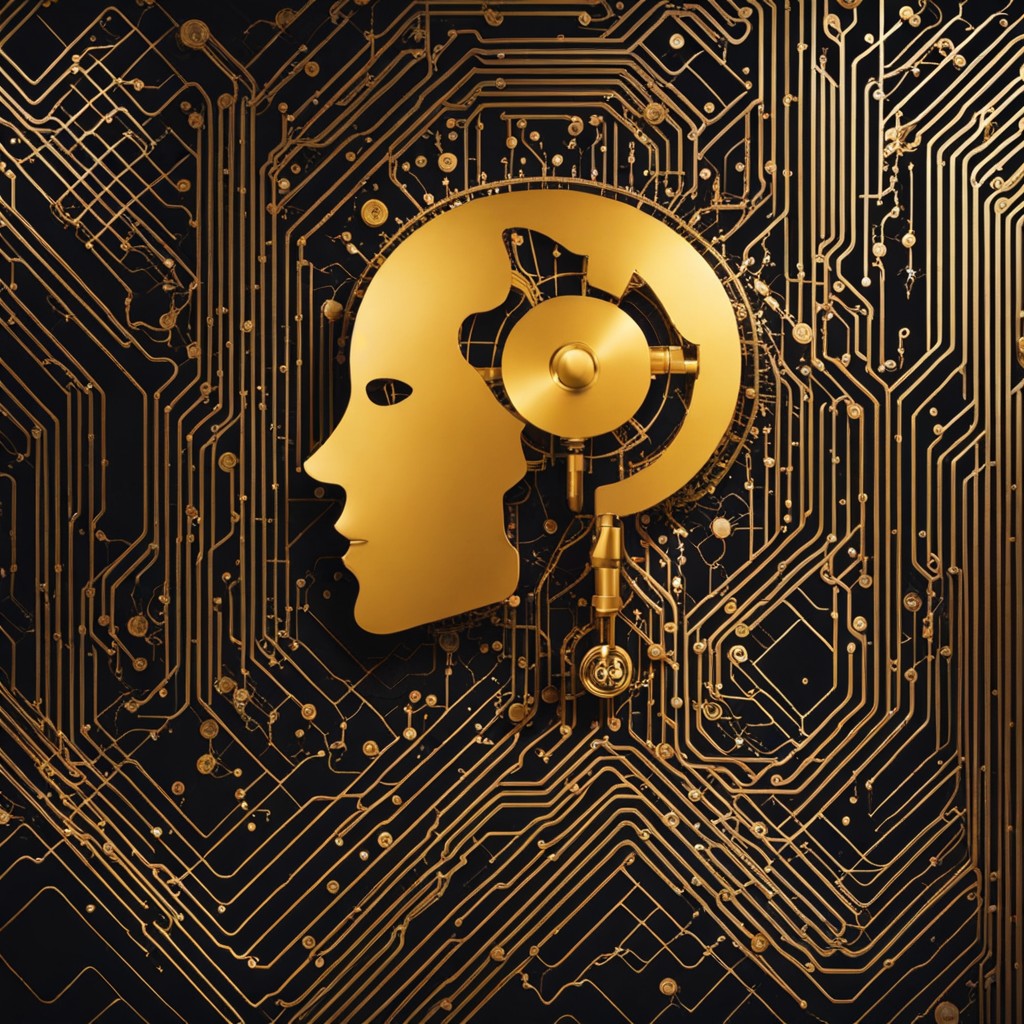When it comes to learning how to plan and manage the development of artificial intelligence (AI), humans are running out of time, according to UN Secretary-General António Guterres.
The first-ever global AI Safety Summit is set to take place in the United Kingdom (U.K.) next week. Ahead of the event, Guterres announced the creation of the U.N.’s own AI Advisory Body. In addition to determining how the global community can regulate AI’s uses, the U.N. body seeks to evaluate the potential risks and benefits of the technology.
In remarks posted on social media on Friday, Guterres stated that the advisory body will be “inclusive” and “based on the universal values enshrined in the United Nations Charter.” Academics and researchers, technologists, politicians, and businesspeople will all be represented.
By the end of 2023, the U.N. body hopes to have formal recommendations for three areas. International governance and “shared understanding” of the opportunities and risks presented by emerging technology were the subjects that Guterres identified.
It will consider how we can connect numerous, currently running AI governance initiatives. Because we are running out of time, he added, it will work quickly.
Experts in technology believe artificial intelligence (AI) has a lot to offer the world, especially in the fields of drug development and healthcare. The World Health Organization said last week that AI holds “great promise for health” and that it might be especially “beneficial” in places where there are no medical specialists.
But there’s a lot of worry about the risks that come with AI. The “Godfather of AI,” computer scientist Geoffrey Hinton, stated earlier this month that there is “a possibility” that AI will eventually “take over” from humans. He later contributed as an acknowledged author to a paper this week that cautioned that humans are “not on track to handle well” the risks posed by artificial intelligence.
In a press release announcing the formation of the advisory body, Guterres acknowledged the potential advantages and risks of artificial intelligence. Although he acknowledged that AI could help developing countries leapfrog outdated technologies and provide services directly to those in need, he also pointed out that it is already evident that AI used maliciously could erode social cohesion, threaten democracy, and undermine trust in institutions.
The establishment of the U.N. AI Advisory Body coincides with the announcement of the establishment of a fund devoted to AI safety research by four significant tech companies. The AI Safety Fund, which has pledges totaling over $10 million from the companies’ philanthropic partners, is supported by Google, Microsoft, Anthropic, and OpenAI.
According to The Washington Post, US President Joe Biden also intends to issue an executive order on October 30 concerning AI regulation. Vice President Kamala Harris is expected to attend the AI Safety Summit, and this announcement would be made just two days prior.








